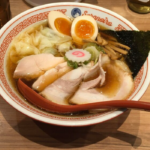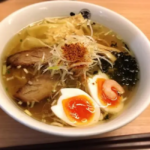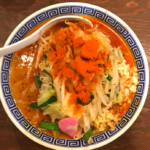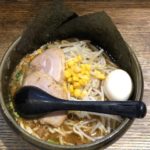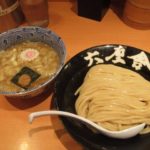
Traveling in Japan can be a rewarding experience, but navigating the language barrier can be challenging. Learning some basic keywords can greatly enhance your journey. Here are seven essential keywords that will help you during your trip, making it more convenient and enjoyable.
1. Sumimasen (すみません) – Excuse Me / I’m Sorry
One of the most versatile words in Japanese, “sumimasen” can be used to apologize, get someone’s attention, or express gratitude. It’s commonly used when you need to pass through a crowded area, call a server in a restaurant, or apologize for a minor inconvenience.
2. Arigatou (ありがとう) – Thank You
Showing appreciation is important in any culture, and “arigatou” is the simplest way to express gratitude in Japan. For a more formal expression, you can say “arigatou gozaimasu” (ありがとうございます), which conveys deeper appreciation and is suitable for professional or respectful interactions.
3. Eigo wa hanasemasu ka? (英語は話せますか?) – Do You Speak English?
If you’re having trouble communicating in Japanese, this phrase can help you find someone who can speak English. While many Japanese people may be shy about using English, asking politely can often lead to finding someone who can assist.
4. Kore wa ikura desu ka? (これはいくらですか?) – How Much Is This?
When shopping or dining, knowing how to ask about prices is essential. This phrase is useful at markets, stores, and restaurants where English signs may not be available. It’s a good idea to learn the numbers in Japanese as well for easier transactions.
5. Toire wa doko desu ka? (トイレはどこですか?) – Where Is the Restroom?
Finding a restroom is a basic need while traveling, and knowing how to ask for one in Japanese can save you in a pinch. Public restrooms are widely available in train stations, department stores, and convenience stores, so don’t hesitate to ask.
6. Daijoubu (大丈夫) – It’s Okay / No Problem
“Daijoubu” is a helpful word to indicate that you’re fine or to reassure someone. It can also be used to decline an offer politely. Whether you’re refusing a second helping of food or assuring someone you don’t need assistance, this keyword is handy.
7. Kudasai (ください) – Please (Request Form)
Use “kudasai” when you want to make a request politely. For example, “mizu o kudasai” (水をください) means “please give me water.” It can be added after a noun to ask for something or after a verb to ask someone to do something.
Mastering these keywords will help you navigate through common situations and make your travel experience in Japan more enjoyable. Don’t worry if your pronunciation isn’t perfect—Japanese people are generally kind and will appreciate your effort to speak their language.

